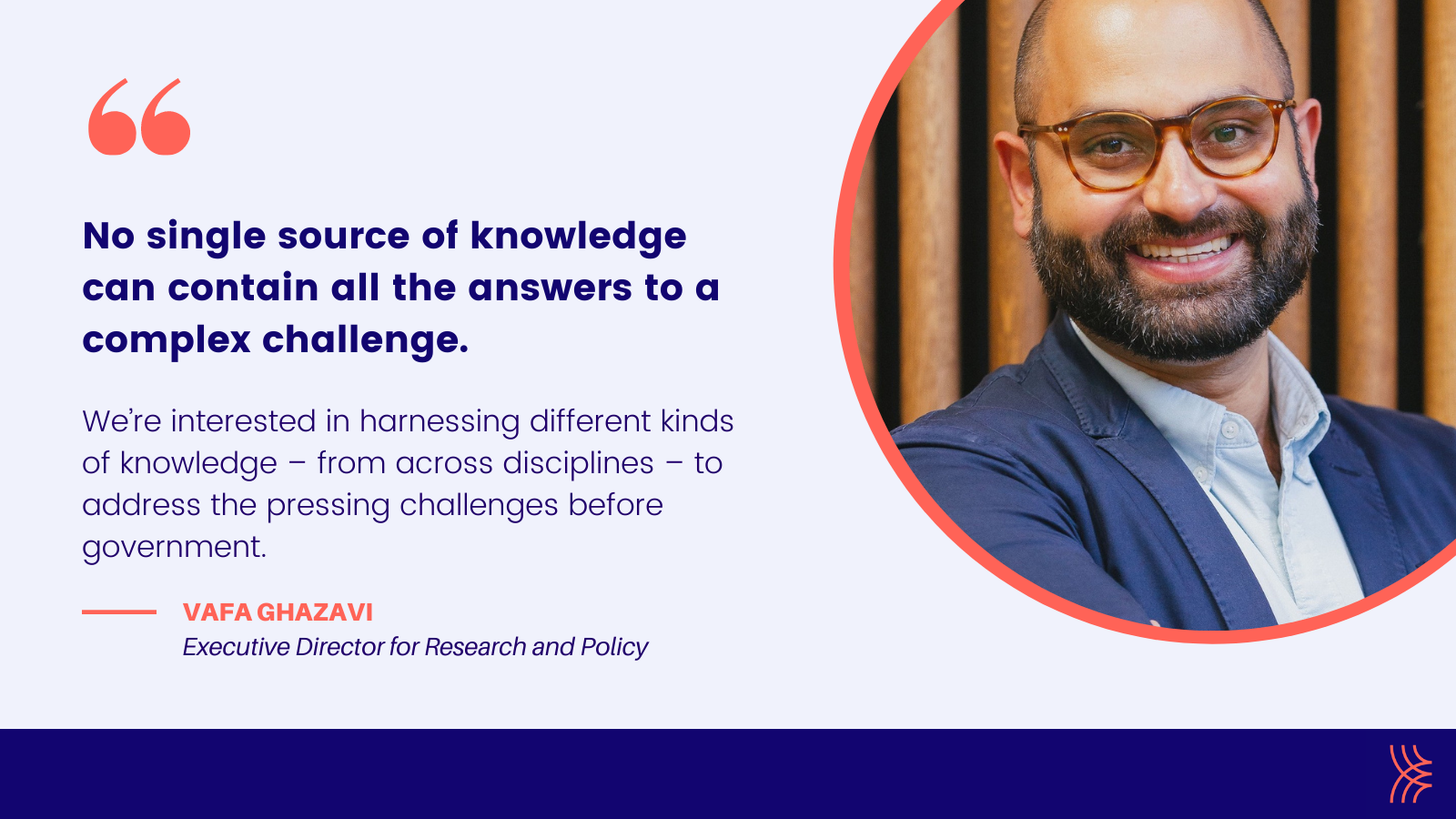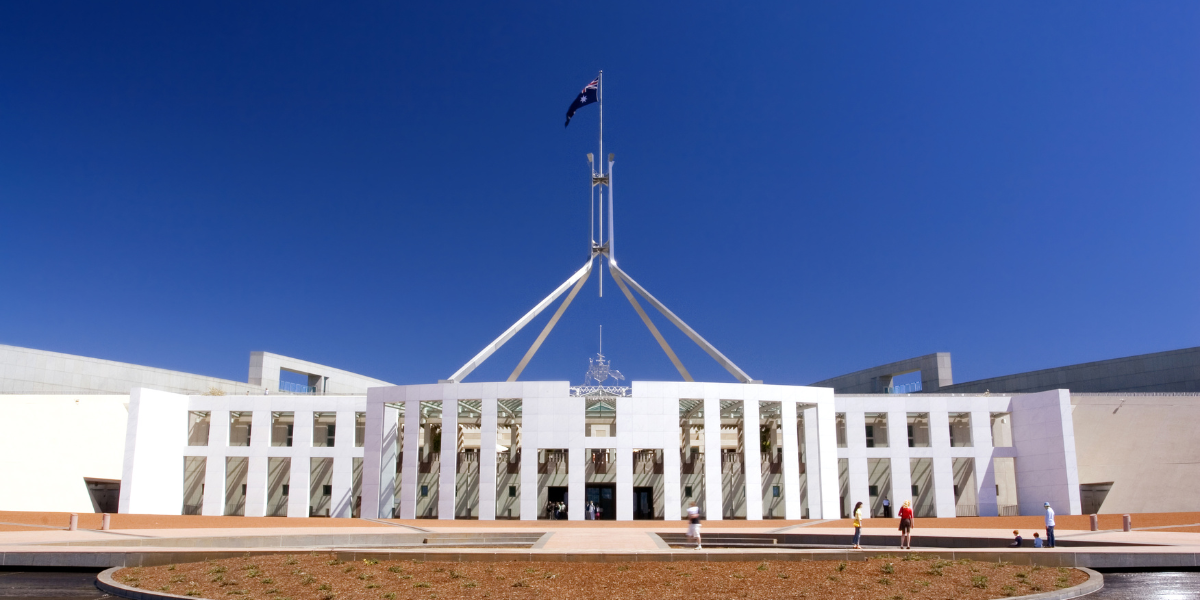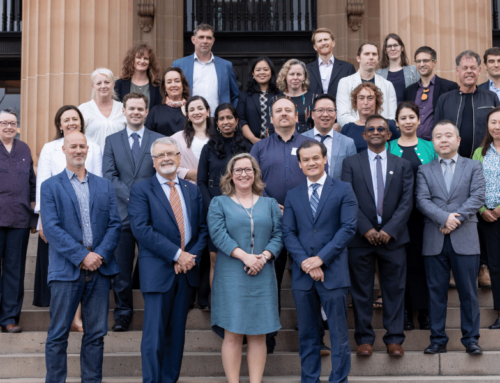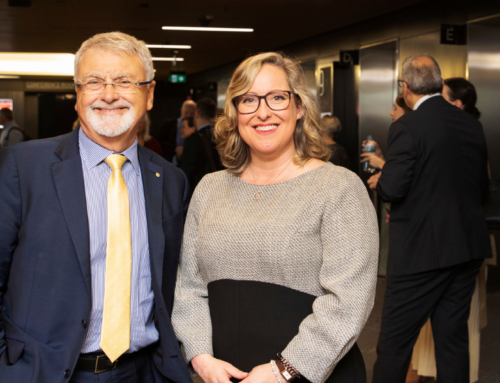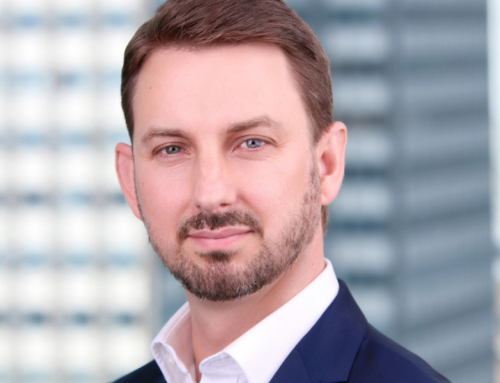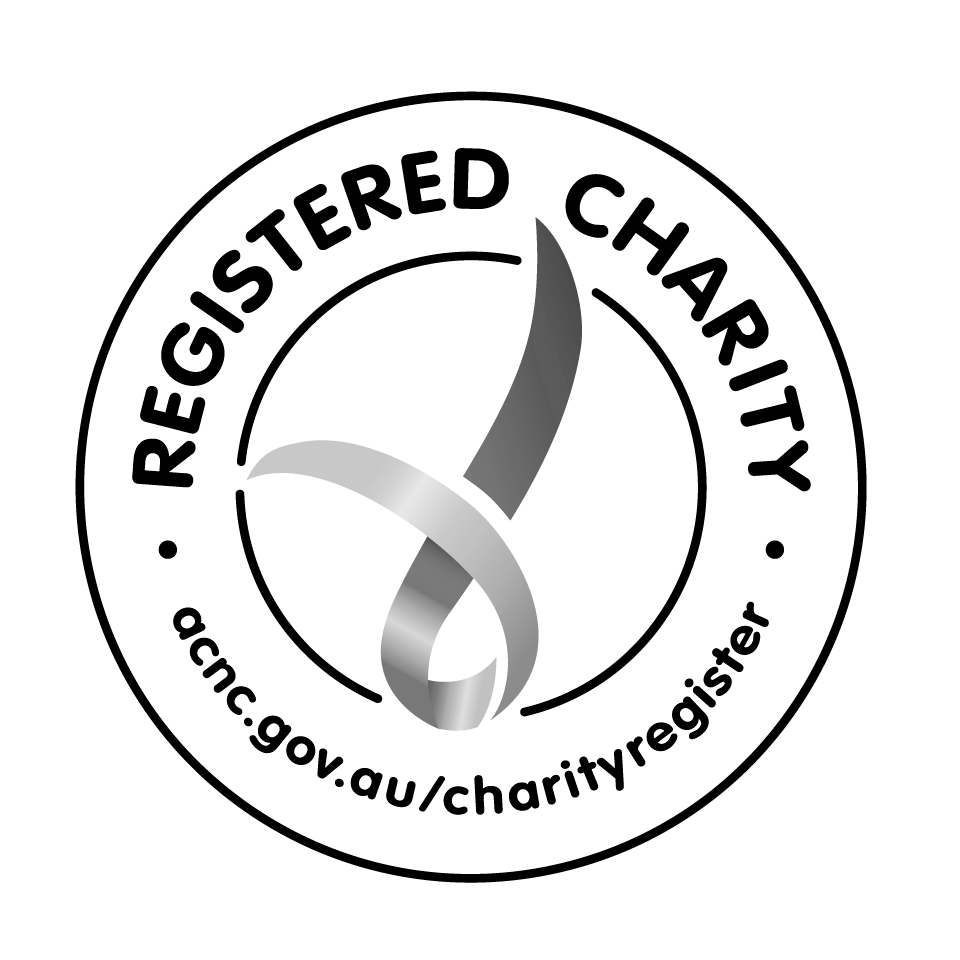Vafa Ghazavi, Executive Director for Research and Policy, joined the James Martin Institute for Public Policy in September 2021. Vafa is a political philosopher, policy strategist, and former Australian diplomat. In this interview, he reflects on the role of evidence and ideas in addressing policy challenges, and shares his vision for the Institute’s research and policy ventures.
What was your background before JMI and what led you to join the Institute?
My background is in public policy and academic research, so I’m excited about the Institute’s aim of promoting deeper collaboration between these two domains. After my undergraduate studies in Sydney, I joined the foreign service, which led to diplomatic assignments in Afghanistan, the Balkans, and to the United Nations, as well as various policy roles in Canberra. I later worked as an adviser in the Department of the Prime Minister and Cabinet, where I helped write a major cyber policy strategy. More recently, I served in DFAT’s policy planning team, which is probably the closest thing there is to a think tank inside a government department.
Along the way, I took time out from public service to pursue research and teaching. That led me to Harvard, where I was fortunate to study under some of the world’s foremost policy thinkers. And then to Oxford, where I did my doctoral research at the intersection of philosophy and public policy. In Oxford, I also taught political theory and led seminars on the foundations of public policy.
How does your background in philosophy fit with your practical interests in public policy?
Philosophy is an unusual discipline because it focuses on the entirety of human experience rather than just one particular aspect of it. It’s a disposition to challenge dogmatism through open inquiry and discussion. When it comes to political philosophy, this is applied to our collective life, as we wrestle with injustice, freedom, sustaining the natural world, and so on.
About the JMI
The James Martin Institute for Public Policy has been established by the NSW Government, in partnership with the University of Sydney, Western Sydney University and the University of Technology Sydney, as an independent institute that will transform how public policy is made in NSW and beyond.
This can be very helpful to making policy. We can’t avoid making value judgements when we try to understand and resolve collective problems. How we conceive the public interest shapes our approach to more technical questions, too, such as the assumptions underpinning a cost-benefit analysis. Philosophy can help us clarify what’s at stake on a given challenge and evaluate our responses in that light. This involves listening and learning about the real-world nature of the problem – asking who’s affected in what ways – and combining philosophical insights with other insights.
When it comes to the Institute, too, we’re interested in harnessing different kinds of knowledge – from across disciplines – to address the pressing challenges before government.
No single source of knowledge can contain all the answers to a complex challenge.
– Vafa Ghazavi
For instance, if we’re thinking about economic productivity, we can draw on designers, engineers, sociologists, economic historians, anthropologists, and so on – not just economists. And it’s crucial to recognise the insights generated by people and communities on the ground. They will profoundly understand the issues and opportunities they face in their own contexts. We need to put this kind of grounded knowledge in dialogue with more formal expertise to drive better policy outcomes.
What did working inside government show you about the value of engaging with academic expertise?
In DFAT’s policy planning branch, part of the role was to bring outside ideas into government. This can sometimes feel like a luxury, given the time pressures decision-makers are often under, especially in executive government. But I think it is essential. Without dynamic connections to the discourse of ideas and evidence, government would be deprived of the analytic and imaginative resources that are critical for tackling complex challenges.
That’s why the Institute’s mandate to increase deep collaboration between academics and policymakers is so important. This collaboration is not always easy to make happen. The incentives and timeframes of each side can diverge. But there’s plenty of good work to build on. We’ve recently been consulting academics on the design of the Institute’s new grants program, and it’s clear that there are lots of exciting collaborations going on in some areas. Their potential isn’t always fully realised, but there’s already some momentum. In other areas, collaboration could be considerably expanded.
There’s a growing desire to do more to translate research into public impact.
– Vafa Ghazavi
On the side of government, too, there’s clearly an appetite in NSW for greater engagement, to build the evidence base for good policy and to generate new ideas that can help address the big challenges of the day.
The last couple of years have raised questions about the role of expertise in public life. What lessons do you think we should be learning? And how are you thinking about JMI’s role in addressing policy challenges?
In addition to the human costs, the pandemic has revealed a great deal about underlying social and economic issues. It has also opened new policy possibilities. One specific issue when it comes to the work of the Institute is how to think about the role of expert knowledge in making public policy.
It’s clear that different kinds of knowledge are required to adopt a realistic, holistic view of some of the major challenges we face in a democratic society.
– Vafa Ghazavi
During the pandemic, we’ve needed social scientists as well as epidemiologists and others, to truly understand the effects of the virus. And it is vitally important to situate that kind of expertise in a wider context in which local communities and neighbourhoods, families, civic organisations, churches, and ordinary people actually live. This open approach gives us the more integrated picture necessary for making impactful public policy.
There are signs that COVID, climate change, and other structural trends, including technological disruption, are helping create a willingness in NSW to tackle big social and economic questions. We’re seeing that openness from ordinary people through to policymakers. There’s a heightened awareness of the importance of resilience and of properly valuing the care economy.
As a result of these shifts, in some areas we’re seeing a renewed sense of public purpose around what the economist Mariana Mazzucato would call ‘missions’, where government rallies different stakeholders to address a grand challenge or ‘wicked’ social problem. In my own research, I call this ‘problem-solving democracy’. Of course, many challenges remain: access to affordable housing, persistent social disadvantage, ensuring small businesses and the regions are fully included in the new economy, a just transition to net zero, gaps in skills and educational attainment, and structural barriers to women’s participation in economic life, to name just some.
There’s a hunger for transformative public policy, and the importance of that shouldn’t be underestimated.
– Vafa Ghazavi
At the Institute, we’re also humble enough to know that good policy needs more than evidence or good ideas. For starters, policies must engage with people as they set about building their communities and businesses, provide or receive care, seek to learn or work, and so on. The best public policy works with the citizenry, in all its diversity, not just for the citizenry.
As a former teacher of mine says, major structural change is more like music than architecture – it’s about having a vision and a direction, and then committing to learning, experimentation, and improvement. I hope that through our collaborative projects, and our grants to researchers who want to tackle big policy challenges, the Institute will become an incubator and facilitator for that kind of progress.

